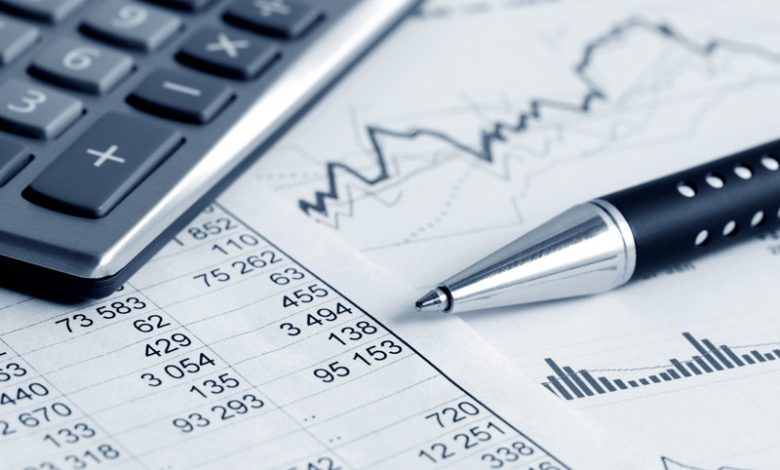
Brazil’s Bioinputs Market Sees Growth Four Times Above Global Average, Research Reveals
By Ana Mano and Roberto Samora
Brazilian farmers are increasingly interested in adopting bioinputs, outpacing their counterparts in other nations, as new research indicates an average annual market growth of 21% over the past three years—significantly higher than anywhere else globally.
Data released by Croplife, a Brazilian organization representing biotech, chemical, and bioinput companies, revealed that retail sales of biocontrol products in Brazil reached 5 billion reais (approximately $924 million) during the 2023/2024 season.
Bioinputs, which provide biological solutions to modern agricultural challenges, serve as alternatives to conventional pesticides and fertilizers for pest control and enhancing crop yields.
Currently, bioinputs are primarily used in soybean, corn, and sugarcane cultivation, although cotton and coffee farmers are also beginning to utilize these products, albeit to a lesser extent, according to the research findings.
Mato Grosso, Brazil’s leading agricultural state located in the center-west region, accounts for about 33% of the national bioinputs market, as per Croplife data.
Embrapa, Brazil’s agricultural research agency, defines biological inputs as products or processes derived from enzymes, plant extracts, or microorganisms, aimed at promoting biological control. These inputs can also function as plant growth enhancers, biotic and abiotic stress mitigators, and potential alternatives to antibiotics.
With its status as the world’s top exporter of soybean, coffee, sugarcane, and orange juice, along with being a strong competitor in the corn market, Brazil presents a promising landscape for bioinputs, according to the research findings.
(1 USD = 5.4134 BRL)
 GOOGL
GOOGL  META
META 


